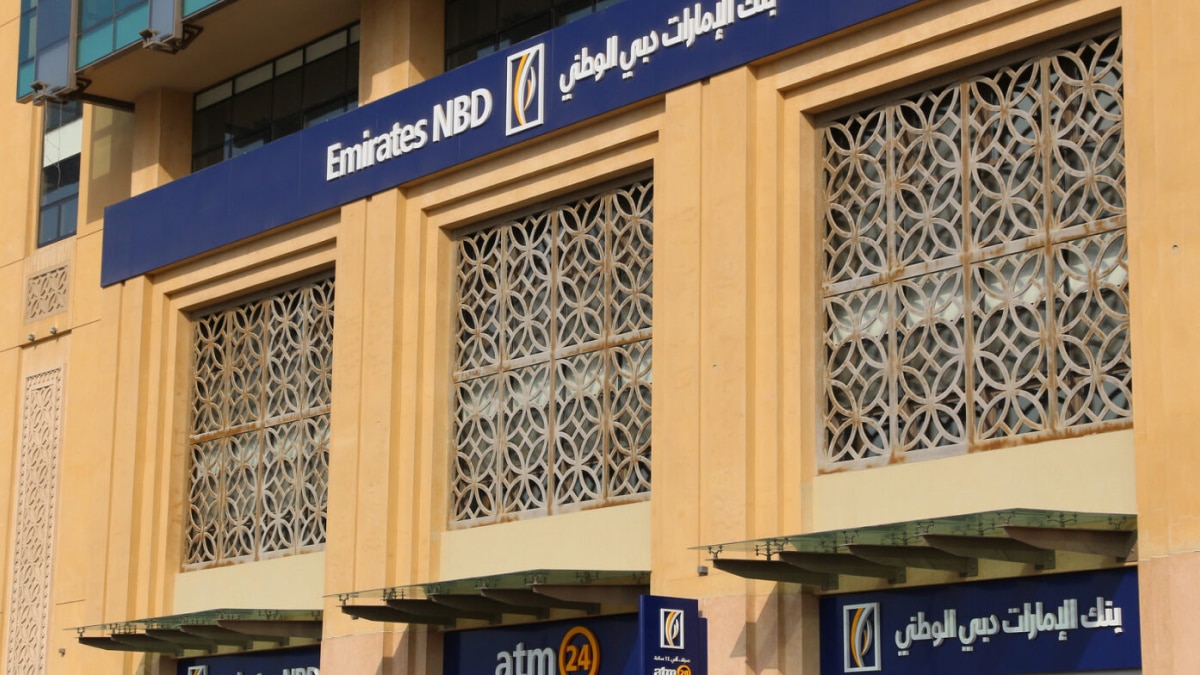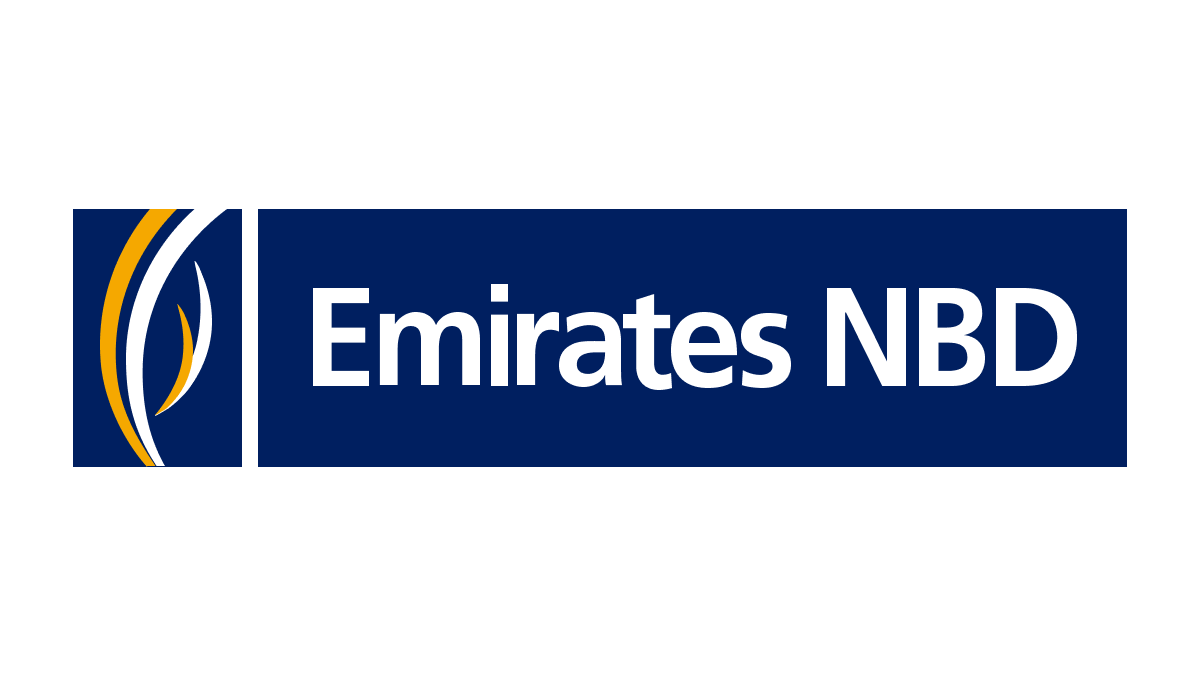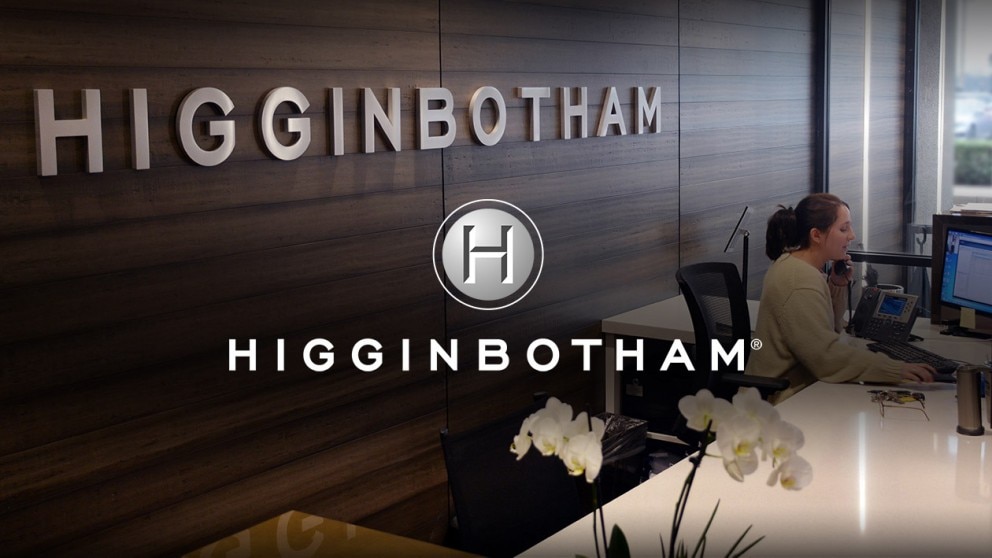Emirates NBD Bank Supercharges digital Banking transformation with AMD EPYC™ CPUs
Banking has become increasingly focused on digital services and Emirates NBD Group has been leading this charge in the finance industry in the Middle Eastern, North Africa and Turkey region for a number of years now.
A focus on digital online services comes with a need for fast, flexible computing power. When Emirates NBD wanted to expand its operations, increase its efficiency, and deliver headroom for new services, AMD EPYC processors delivered everything the bank wanted.
Building a flexible technology stack
“Emirates NBD is the result of a merger in 2007 of two banks in Dubai, creating the largest bank in the city and the largest lender in the UAE at the time,” says Miguel Rio Tinto, Chief Information Officer at Emirates NBD. “We are the largest retail bank in the UAE, so we are very innovative in everything that has to do with serving our retail customers. We are present in 13 countries, not just the UAE.”
“We are also in India, Singapore, UK, Saudi Arabia, Egypt, and more recently, we acquired one of the biggest private banks in Turkey, DenizBank,” continues Rio Tinto.
Emirates NBD has invested heavily in technology. “One area is the technology platforms.” This is a private cloud infrastructure provision that underpins Emirates NBD’s entire technology stack. “Then on top of the technology platforms there are core banking functions like the client accounts, deposits, loans, trade, finance, and treasury. We call those business platforms,” says Rio Tinto.
“On top of those core banking capabilities, which are managed by IT, we enable our business divisions to manage our digital products like the mobile App, the online channel, the corporate online banking, and the tablets that the relationship managers use
in the branches.”
“We run thousands of containers and VMs, a huge footprint,” says Ali Rey, Senior Vice President Technology Platform at Emirates NBD. “We have built over 1,500 APIs and have on average over 30 million API calls per day with a peak of 2,000 API calls per second and we could scale that much further, easily leveraging the technology we have.”
Achieving this level of performance required the best possible infrastructure, and at the same time it was necessary to simplify the hardware and software stack. Emirates NBD wanted to shift to a generalized private cloud that could form a flexible, more efficient basis for its technology platforms. This search led to servers powered by AMD EPYC processors.

Great performance across every task
“When we started the transformation in 2018, we had hundreds of different combinations of hardware vendors, databases, and operating systems in our stack,” says Rio Tinto. “This complexity made it difficult to scale. So we decided to have a maximum of eight different combinations, and now 96 percent of our infrastructure currently runs as a VM or a container. Underneath that, we standardized our compute, storage, and networking stack.”
“The new stack is flexible and robust,” says Rey. “Containers that run out of memory will restart automatically. They'll scale out as they need to. But to achieve this we needed the right resources.” Emirates NBD didn’t want to get locked into the proprietary technology of a public cloud provider. The Bank wanted to employ standard containers such as Kubernetes® and Docker™ alongside VMware® virtual machines, enabling the use of private and public cloud infrastructure as required.
“We started hearing about the performance of AMD processors,” says Rio Tinto. This started out with recognizing AMD’s price-performance benefits for client use cases. “When AMD came into the server space, we wanted to see if this had the same benefits,” says Rey. “So, we had a number of proposals on the table in 2021. We did a lot of evaluation between them. We tested our database performance, our core banking APIs, the memory bandwidth and how the CPUs were accessing the memory. We also did a lot of web-based user testing. We found AMD EPYC CPUs were 42 percent faster than an alternative on average. In some cases, it was 51 percent faster.”
The successful tests led to a wholesale rollout. “We're now running over 100 HPE ProLiant servers, with the AMD 3rd Gen 32 core high frequency EPYC processors,” says Rey. “A two socket has 64 cores delivering 128 vCPUs. We have two terabytes of RAM with 64GB per DIMM. We run NVMe® M.2 boot drives to make it fast with a RAID-1 configuration for the OS.”
Faster transaction processing
“We haven’t had any issues migrating over. We can now run the same number of VMs on fewer servers, or more VMs with the same number of licenses,” says Rey. “We only need 80 percent of the licenses, giving us a 20 percent buffer over the next two years to move forward purely by moving to faster AMD EPYC processors.”

“Most transactions used to take one to two seconds, but this went down to between half-a-second and one second,” says Rey. “We run an elastic cluster for all our centralized logging. We process terabytes of logs a day, with each elastic node processing logs in the background. Each one had a backlog of between 100 to 300 jobs. We've recently moved those nodes over to the new AMD CPUs, and now we don’t see more than five jobs waiting. So our logs are almost instantaneous now. Before you had to wait over 30 seconds to minutes. That's a huge improvement simply by moving to the new AMD CPUs. We get a lot of benefit. We get real time logs, which is great.”

The faster performance provided by AMD EPYC processors across all types of workloads provides extra flexibility, too. “During the day we assign workloads to APIs and to core banking,” says Rey. “At night, we reprovision that capacity to get our batch data jobs to run as fast as possible. There are not many banks running at the same level of efficiency as us.”
“Because our infrastructure is so generalized, we're able to shift it around as needed,” says Rio Tinto. “The performance improvement is significant and evident.” Rey sums up Emirates NBD’s experience with AMD EPYC processors: “We get a lot more processing done for the same infrastructure density with fewer servers. The AMD EPYC processor is a great product that sells itself. It has faster performance. It works without any problem. We are very happy with the decision to move over.”
About the Customer
Emirates NBD (DFM: Emirates NBD) is a leading banking group in the MENAT (Middle East, North Africa and Turkey) region with a presence in 13 countries, serving over 17 million customers. As of 30th June 2022, total assets were AED 711 billion, (equivalent to approx. USD 193 billion). The Group has operations in the UAE, Egypt, India, Turkey, the Kingdom of Saudi Arabia, Singapore, the United Kingdom, Austria, Germany, Russia and Bahrain and representative offices in China and Indonesia with a total of 900 branches and 4,086 ATMs / SDMs. Emirates NBD is the leading financial services brand in the UAE with a Brand value of USD 3.7 billion.
Emirates NBD Group serves its customers (individuals, businesses, governments, and institutions) and helps them realize their financial objectives through a range of banking products and services including retail banking, corporate and institutional banking, Islamic banking, investment banking, private banking, asset management, global markets and treasury, and brokerage operations. The Group is a key participant in the global digital banking industry with 94% of all financial transactions and requests conducted outside of its branches. The Group also operates Liv., the lifestyle digital bank for millennials.
Emirates NBD contributes to the construction of a sustainable future as an active participant and supporter of the UAE’s main development and sustainability initiatives, including financial wellness and the inclusion of people of determination. Emirates NBD is also an early supporter to Dubai Can sustainability initiative, a city-wide initiative aimed to reduce use of single-use plastic bottled water. For more information visit emiratesnbd.com
Case Study Profile
- Industry:
Banking & Finance - Challenges:
Improve performance and provide a simplified private cloud infrastructure with greater flexibility, enhancing efficiency - Solution:
Deploy HP ProLiant servers powered by 3rd Gen AMD EPYC™ processors - Results:
Average 42 percent better performance than the alternative and 20 percent fewer virtualization software licenses - AMD Technology at a Glance:
3rd Gen AMD EPYC™ 75F3 CPUs with 64 cores - Technology Partner:










